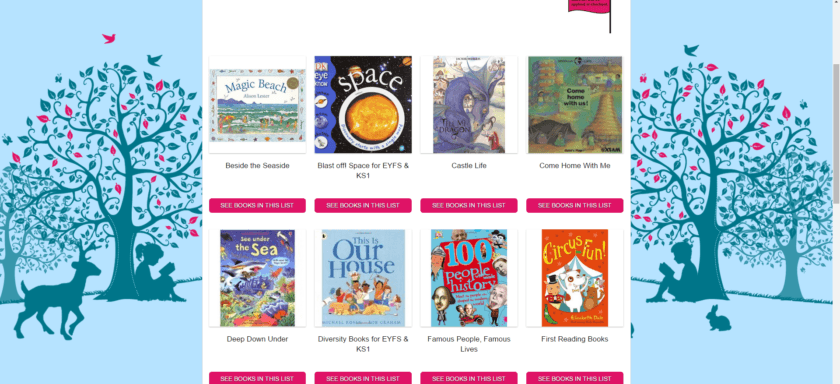Are you scared of giving away too much?

I’ve been writing about the curation business model recently, and recommending that you get together a bunch of related products you would want to recommend (and sell) and providing tons of information so that people can make a choice.
You can sell these as collections of products, a series which people receive on a subscription model, or just as one offs, but people come to you because you’ve provided the information and are the renowned experts and they trust you.
Here are some of the other articles about the curation business model.
Some tips if you’re thinking about adopting a curation business model
Won’t they just buy from someone cheaper?
Some people have commented that if you’re the nice guy and give away lots of information about your product, people will just take your information, and then go and buy it elsewhere, because they can just Google your recommended product and go and buy it from Amazon or wherever it’s cheapest.
Sometimes this true. Although some people will buy directly from you because you’re so easy and they like you already, others will want to shop around elsewhere. Everyone loves a bargain, and no-one wants to pay a premium price, right?
There are ways to protect yourself from this
Firstly, and most importantly, you need to form a relationship with your readers, so they want to buy from you and do not want to go anywhere else. Ironically, this means putting even more effort into giving information about your curated products, so that by the time they’re engaged with all your content, they won’t want to go shopping elsewhere, they just want to press the buy button on your site.
It also means that your curated shop or website needs to have tons of personality and love. People need to know who you are, why you’re doing this, and what’s behind it. The curation business model doesn’t work if you’re trying to make a fast buck from a whole bunch of dodgy products, because there are already tons of catalogue sites masquerading as review sites, and people are used to this.
If you’re honest, truthful and engaging, your sales conversion rate will be so high you won’t have to worry about people doing a bit of comparative shopping.
You don’t have to be more expensive
Secondly, you can often be just as cheap as Amazon. Although Amazon does a lot of deep discounting, this is mostly on the products they sell tons of. For the more niche items, Amazon sells at around the regular price. And this is true of all the other mass market sellers as well.
If you look at bags of book lists who use a curation business model for lists of books for schools, you’ll see that they give up to 25% discount to schools, which makes them cheaper than Amazon for all but the most obvious best-selling books.
Keep some of it secret
Although I’m suggesting that you be honest and truthful, that doesn’t mean you have to give all of your secrets away. You might keep some of that information back to make it a little bit more difficult for people to effectively do comparison shopping.
So with our example of selling printers online, you wouldn’t want to give away the exact model number or specification, or you might sell a bundle with the printer, such as an extra year’s supply of cartridges, top up toner, or the paper that goes best with that printer. By adding in some extra stuff, you make your offer more attractive, add value, and make your product look like much better value.
This opportunity is where the curation business model really comes into its own.
Give them something they can’t get anywhere else
Of course if you’re selling curated content you can’t get elsewhere, perhaps content you’ve written yourself, this is easy – they can only buy your video training course from you. And if you’re selling paintings, art, ceramic mugs, or fashion, your work is either one offs or you can make special editions that people can only buy from you.
If you don’t own your products yourself, you can make sure that people have to buy from you because you’ve assembled a curated collection, and they want all of it.
People could try to track down the components and buy them somewhere else, but the true value is in the collection. You might be offering a collection which fits together aesthetically, or you might just be offering something which is much easier for people to buy the whole lot from you, rather than go to different suppliers.
Want some help thinking this through?
I love helping people put all of this together, and thinking through the right recipe for making a business successful.
If you’d like some help with getting this going, maybe we should have a talk about how I can help.
Julia Chanteray
Photo credit – thanks to Anlex Basilio



